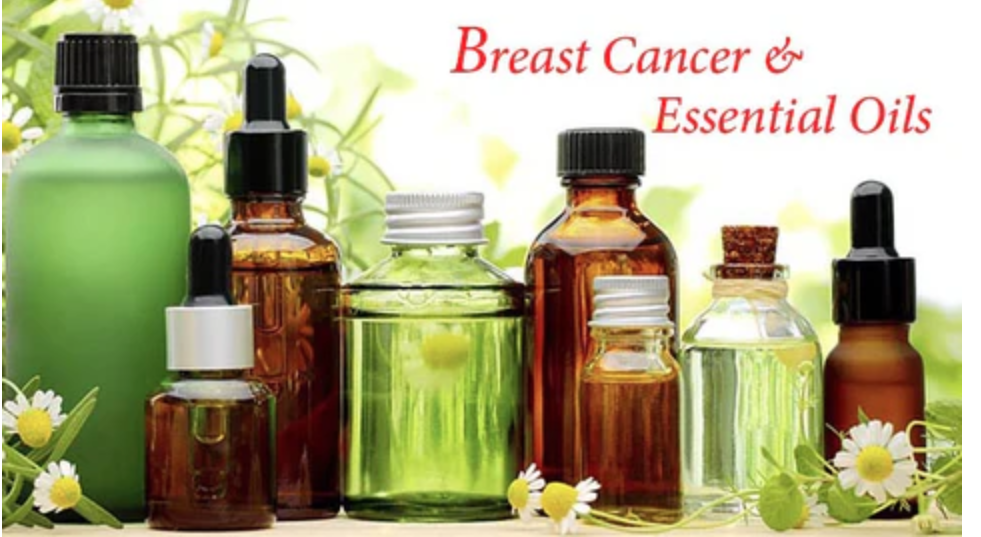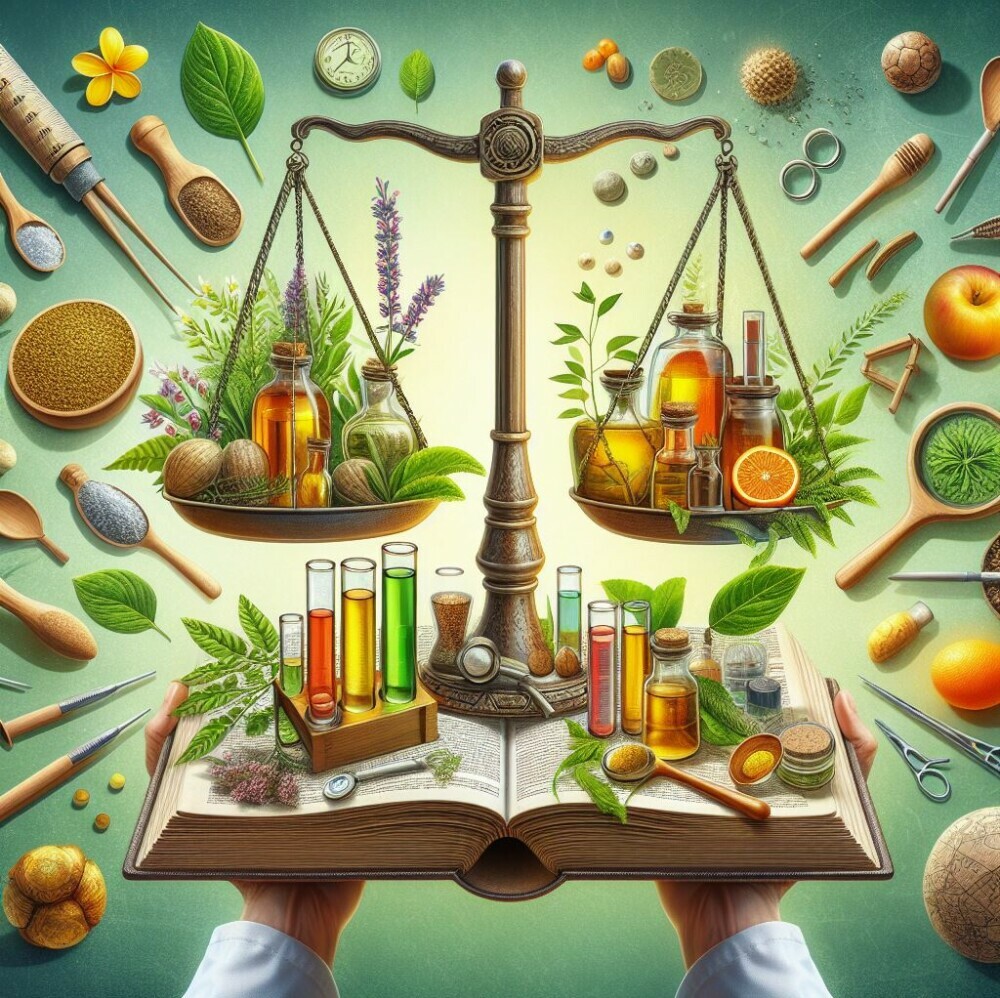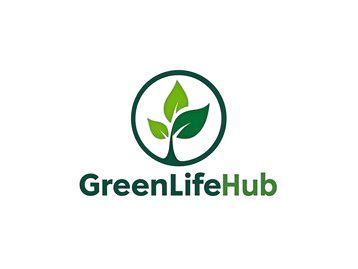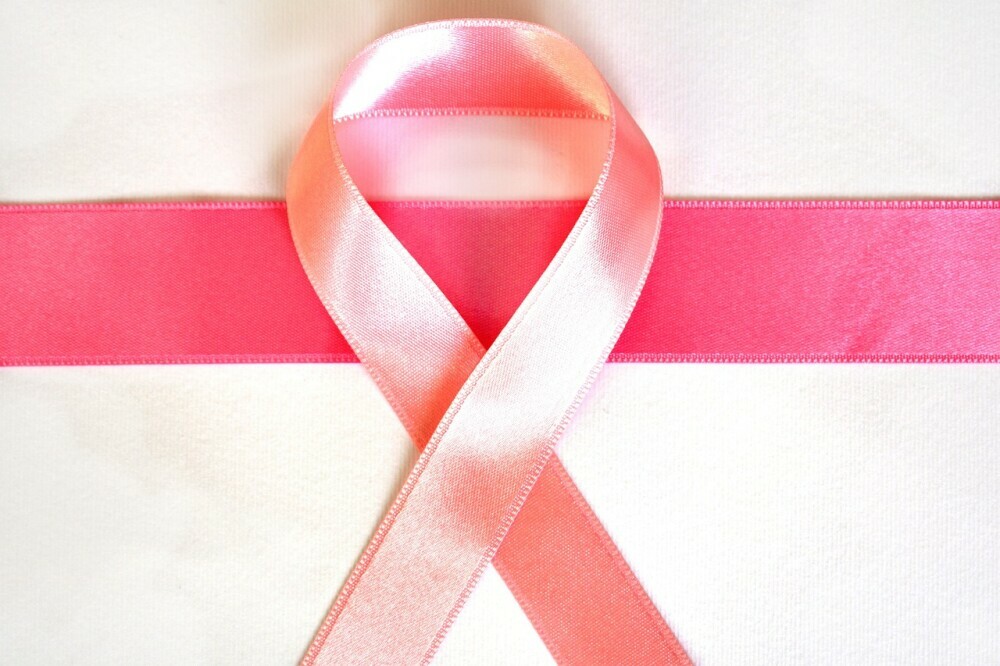Natural Tips for Breast Cancer
Table of Contents
Introduction
Beyond the conventional lies a world of natural remedies, whispering ancient secrets of healing. Could herbal remedies for breast cancer hold a key to soothing the journey and empowering well-being? Let’s delve into this intriguing realm and explore the potential of nature’s gifts.
You’re going to find out about breast cancer, which unfortunately touches the lives of so many. We’ll discuss why solid, evidence-based treatments are critical for breast cancer using natural remedies and the role they play in recovery.
Don’t worry too much about understanding complex medical terms. I’ll keep things straight to the point. Knowing how some individuals with breast cancer choose to incorporate herbal remedies into their care is essential, and we’ll look at that.
Now what about the research? It’s important to evaluate the safety and effectiveness of these herbal interventions. That’s going to include recent findings from studies and expert opinions in the field of oncology.
This isn’t just about understanding herbal remedies; it’s also about seeing them through the lens of modern medicine and the personal experiences of those battling breast cancer.
The Spectrum of Herbal Remedies: From Traditional to Contemporary Use

You might be surprised to find out how long herbal remedies have been in the mix of healing practices. They hold roots that reach deep into the annals of almost every culture’s medical history. Traditional Chinese Medicine and Ayurveda from India are prime examples of ancient practices that have utilized the power of herbs. Indigenous cultures around the world have long known the potential benefits of plants, well before modern pharmaceuticals were ever a thought.
Over time, herbs once ground in mortars and pestled with intuition have found new pathways into capsules, teas, and even integrative care regimens in modern clinics. It’s fascinating to see how these practices have evolved and adapted to fit into contemporary healthcare landscapes. Herbal remedies are no longer just an ‘alternative’ but are often considered alongside conventional treatments by many seeking holistic care.
When it comes to breast cancer, this might mean looking into herbs like green tea, which is chock-full of antioxidants, garlic for its immune-boosting properties, or turmeric, reputed for its anti-inflammatory effects. Of course, each of these comes with their own set of studies and scholarly debates. However, what’s clear is that these plants are being taken seriously by both researchers and patients.
Today, holistic cancer care is witnessing an uptick in interest and credibility. More and more, herbal remedies are being studied for their potential to support the body before, during, and after conventional cancer treatments. The hope is that these plants might offer something beneficial without introducing undue harm when used correctly. It’s not about choosing one over the other but finding a balance that supports the individual’s overall well-being.
Evaluating Herbal Remedies: Separating Science from Anecdote

When it comes to herbal remedies for breast cancer, you’re going to find out about a mix of personal stories, traditional use, and a range of scientific studies. Understanding how to separate science from anecdote is crucial for anyone looking to navigate this complex field.
The importance of scientific evidence can’t be overstated. While personal success stories about herbal remedies may be compelling, they can’t replace the rigor of scientific research. When considering herbal treatments, I’m going to help you look for the signs that indicate credible science, such as results from controlled clinical trials and peer-reviewed articles.
It’s essential to be wary of claims that seem too good to be true. Herbal remedy proponents often have passionate testimonies, but the plural of anecdote isn’t data. We’ll discuss strategies for critically analyzing these claims and why controlled research is necessary to validate them.
You’re also going to learn about the placebo effect—a fascinating aspect of treatment that can significantly colour one’s perception of how effective a herbal remedy is. I’ll explain what the placebo effect is, how it works, and its implications for interpreting the success of any treatment.
Finally, we’ll touch on the pathways to medical credibility: the importance of clinical trials, evaluation by regulatory bodies like the FDA, and the journey from the laboratory to the clinic. It’s all about understanding what constitutes credible evidence so you can make informed decisions about your health.
Integrating Herbal Remedies Safely into Breast Cancer Treatment Plans
If you’re considering herbal remedies as part of your breast cancer treatment plan, it’s crucial to approach this path safely. Balancing the benefits of herbal supplements with the rigour of scientific evidence is key to optimising your health outcomes.
A multidisciplinary approach to cancer treatment is the gold standard, ensuring that all aspects of care are harmonised. I’m here to emphasize that it includes discussing any herbal remedies you’re contemplating with your healthcare team. They can guide you based on your unique clinical scenario.
Herbal remedies might offer comfort and potential health benefits, but they’re not free from risks. Some can interact with conventional cancer treatments, potentially making them less effective or heightening side effects. Transparency with your doctors about all supplements you’re taking is non-negotiable.
In my opinion, responsible use of herbal remedies extends beyond just interaction concerns. It also encompasses understanding proper dosage, ensuring the purity of the herbs you use, and considering the reliability of their sources. Quality and consistency can differ greatly, so choose well-reputed sources.
Don’t worry too much about navigating this terrain alone. Pharmacists, integrative medicine specialists, and dieticians familiar with oncology can be valuable allies. They can help assess the safety and relevance of herbal options for your personal treatment journey.
Looking Ahead: The Future of Herbal Remedies in Oncology

I’m going to lay it out straight: the future holds a wealth of possibilities when it comes to herbal remedies and cancer care. With ongoing research, we’re likely to see a clearer picture emerge of how these ancient practices can be woven into modern treatment plans.
Current trends in research showcase a growing interest in the scientific community to understand the precise role of various herbs in oncology. I keep an eye on these developments, and it’s exciting to consider how natural compounds might complement chemotherapy, radiation, or immunotherapy.
Artificial intelligence might not be the first thing you think of when considering herbal remedies, but guess what? It’s a game-changer. Predictive analytics and advanced algorithms are being fine-tuned to sift through data, identifying patterns that could lead to breakthroughs in herbal medicine applications.
Imagine a future where, armed with a deeper scientific understanding, doctors readily include vetted herbal remedies as part of a cancer treatment plan. We’re looking towards personalised medicine that considers the totality of an individual’s health and well-being.
In my opinion, one of the most critical pieces of this puzzle is advocacy and education. It’s not just about the remedies themselves but empowering individuals to make informed decisions regarding their health. As we move forward, I envision a world where reliable, scientifically backed information on herbal remedies is just a click away, offering more than hope—offering real, tangible support for those in the fight against breast cancer.
We have written extensively on Rheumatoid Arthritis which affects millions of people worldwide, if you would like to read on how to help with this disease and improve your life then please click here.
Kaleem,
greenlifehub.com


hi great article i have a few questions and this is my view. The key is a balanced approach. Herbal remedies have potential, but they should be considered as part of a comprehensive treatment plan developed with the guidance of healthcare professionals. Educating patients, promoting rigorous research, and ensuring safe practices are essential steps in optimizing the role of herbal medicine in cancer care.
1. What are some specific herbal remedies that have shown potential in supporting breast cancer treatment, and what does current research say about their effectiveness?
2. How can patients safely incorporate herbal remedies into their breast cancer treatment plan without interfering with conventional treatments?
3. What are the key indicators of credible scientific evidence for herbal remedies, and how can patients discern between reliable and misleading claims?
Thanks Lewis
Hi Lewis, thank you for your thoughtful comment! I completely agree on the importance of a balanced approach. Here are some resources that address your questions:
1. Specific Herbal Remedies:-
Some herbs like turmeric, green tea, and ginger have shown potential. For more on their effectiveness, check out this article from MD Anderson Cancer Center: [Herbal Supplements and Cancer](https://www.mdanderson.org/publications/focused-on-health/herbs-cancer.h22-1592993.html).
2. Safe Incorporation:-
It’s crucial to consult with healthcare professionals. This Mayo Clinic article provides guidance on combining herbal remedies with conventional treatments: [Integrative Medicine and Cancer](https://www.mayoclinic.org/tests-procedures/complementary-alternative-medicine/in-depth/cancer-treatment/art-20047267).
3. Credible Scientific Evidence:-
Look for peer-reviewed studies and trusted medical sources. This NCCIH article explains how to evaluate the evidence: [Evaluating Online Health Information](https://www.nccih.nih.gov/health/evaluating-online-health-information).
I hope these help! If you have more questions, feel free to ask.
Best Regards,
Kaleem